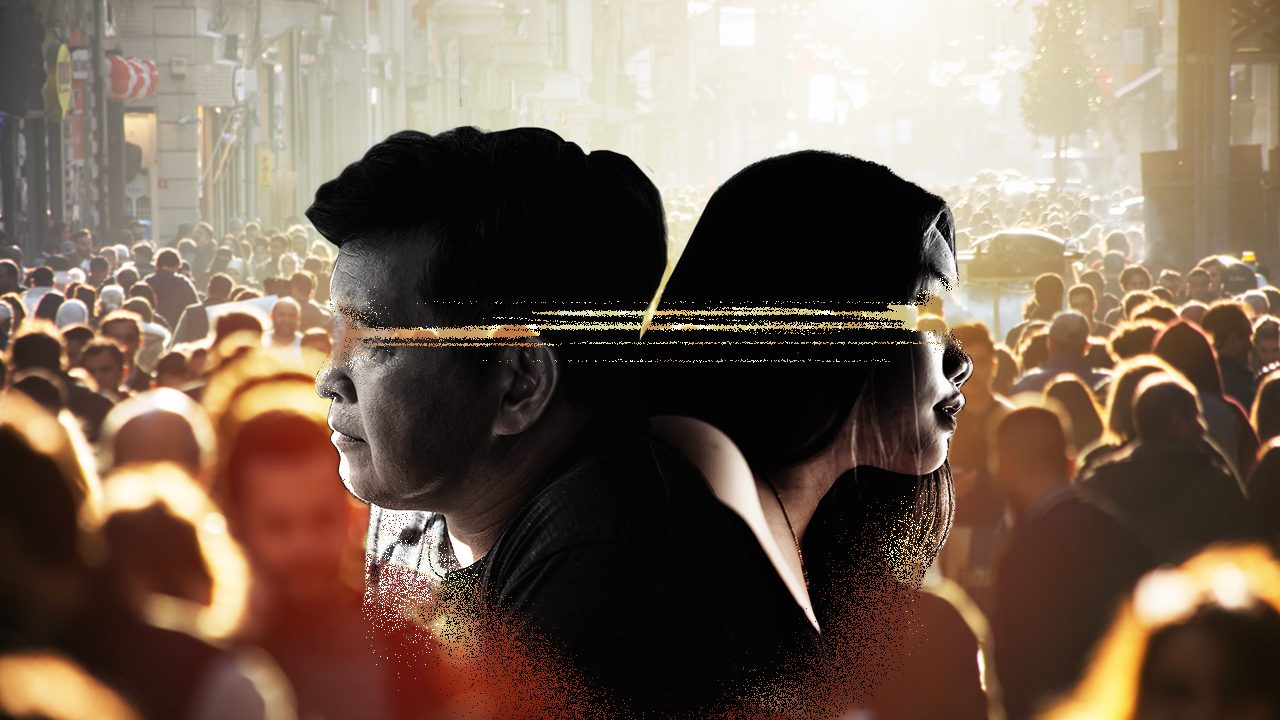SUMMARY
This is AI generated summarization, which may have errors. For context, always refer to the full article.

MANILA, Philippines – Are you among the many Filipinos who want to move to another country?
The results of a 2022 Social Weather Stations (SWS) survey showed that 17% of adult Filipinos aspire to live abroad.
Much has been said about the adjustments required while trying to find a sense of belonging in a foreign country.
However, the phenomenon of reverse culture shock – when, after spending an extended amount of time in a different culture, one needs to re-learn the old ways upon returning to their home country – is also very real.
Living independently
Steph Palallos spent more than four years living in Spain, studying a Masters degree in Creativity in Santiago de Compostela, followed by a baccalaureate in Fine Arts in Barcelona, and working on side hustles.
She says her first time living away from her family and alone abroad was life-changing. “I was like a sponge, exploring different things and talking to a lot of different people from different countries. My entire world changed!” Living independently, she felt the most free in her life.
But after realizing that she wanted to be a practicing artist, Palallos decided that her story in Spain had come to an end, and she returned to the Philippines.
She admits the transition was difficult. After a month back in their family home, she moved to her own apartment.
Van Tenorio-Davidon spent four years in Vietnam working her way up the ladder of a global communications firm.
She came home to visit family on Christmas holidays. She became accustomed to living alone and managing her personal space her own way.
Even after she decided she wanted to shift to the nonprofit sector, she actively looked for work still in her adopted country.
But the opportunity to work with Smile Train, a charitable organization dedicated to children with clefts, came, and Davidon campaigned aggressively for it. The regional role brought her back to the Philippines in 2021.
Aside from the nature of the role, another factor in her decision to take the job and move back was the lessons from the COVID-19 pandemic – the realization that everything is fleeting, and the future is uncertain.
The move necessitated a big adjustment for her and the family she had left behind.
Although Davidon had previously lived in the family home for many years with her father, teenage daughter, sister, and her family, somehow, suddenly, it felt different. She had to contend with keeping everyone apprised of her whereabouts.
She was also soon lulled into the familiar: having someone to depend on to clean and cook.
After several months, Davidon and her daughter moved to their own place. This move was not without some drama. Her daughter is the eldest granddaughter, and it took time for her father to warm up to the idea.
Eizaleen Fusingan-Lappay, a licensed professional teacher, psychometrician, and psychologist at MindNation, said reverse culture shock is a normal and valid feeling after getting used to living abroad.
Lappay said the key is to find a balance between having a great deal of independence and setting boundaries for yourself and the collective Filipino culture, which has fuzzy boundaries.
She advised that making sense of one’s experience of living abroad and the life one wants to establish back in the Philippines will take some time. And so, it’s important to be patient throughout the transition.
Settling in again
Palallos enrolled in the Master of Fine Arts program at the University of the Philippines Diliman, as suggested by a friend, and in the process, found the artist community she had long been searching for.
“We met through time spent getting to know each other’s art. It was so natural, not forced,” she told Rappler.
Since the pandemic, she had to give up the freelancer life and join the corporate world, working remotely – a stable source of income that gives her security to pursue her passion.
“Unless you’re an established artist who holds exhibits regularly, you cannot live off your art,” Palallos said candidly.
She now finds fulfillment in making art and contributing to society through animal welfare initiatives.
As for Davidon, living with her daughter, now in the middle of puberty, was an adjustment for them both: the mother is set in the ways she wants the house kept, and the daughter is used to creature comforts. But they are making it work.
Davidon cannot deny that her decision to work in the charity sector has been very fulfilling.
Through this advocacy, she feels that she is contributing in a direct way to improving society and making a positive impact on people’s lives. She hopes that this is the last job she will have to hold and that she will work there until she has to retire.
According to Lappay, it is not surprising that, after achieving self-actualization, one would find another goal to pursue. After all, the process is cyclical.
It may be the idea of home rooted in family or a community that pulls Filipinos back to the Philippines. It’s true what they say: home is where the heart is.
“Each person’s journey is different,” Lappay said. “Embrace it.” – Rappler.com
Mari-An Santos is an Aries Rufo Journalism fellow.
Add a comment
How does this make you feel?
There are no comments yet. Add your comment to start the conversation.